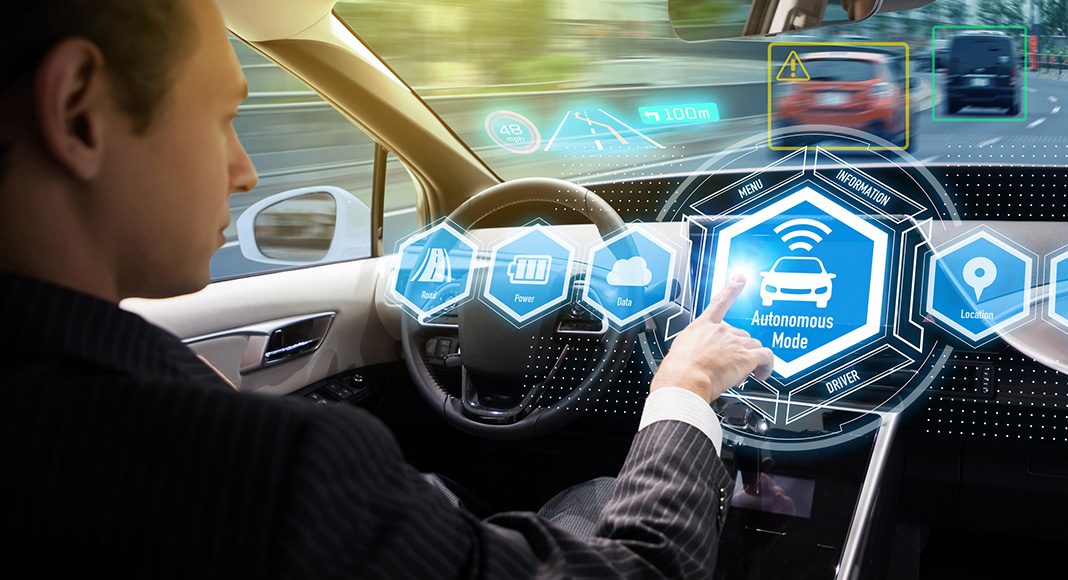Use of the word “autonomous” in carmaker marketing and literature is lulling drivers into a false sense of security, according to automotive research centre Thatcham Research.
Together with the Association of British Insurers (ABI), Thatcham Research is calling on carmakers and legislators to provide greater clarity around the capability of vehicles sold with technology that does more and more driving on behalf of motorists.
“We are starting to see real-life examples of the hazardous situations that occur when motorists expect the car to drive and function on its own,” said Matthew Avery, Head of Research at Thatcham Research. “Specifically, where the technology is taking ownership of more and more of the driving task, but the motorist may not be sufficiently aware that they are still required to take back control in problematic circumstances.
“Fully automated vehicles that can own the driving task from A to B, with no need for driver involvement whatsoever, won’t be available for many years to come. Until then, drivers remain criminally liable for the safe use of their cars and as such, the capability of current road vehicle technologies must not be oversold.”
Thatcham Research has outlined the risks to UK drivers in a new Assisted and Automated Driving Definition and Assessment paper, which identifies grey areas associated with some driver support technologies. These include misleading names, like Autopilot and ProPilot, given to systems by carmakers, how and when drivers should take back control of their vehicles and systems that are designed to work in specific situations only (e.g. on motorways) but can also function anywhere.
Thatcham Research has also put together up a list of 10 key criteria that every “Assisted” vehicle must have, complementing 10 criteria laid out in 2017 that a car must meet before it can be called “Automated”.



















